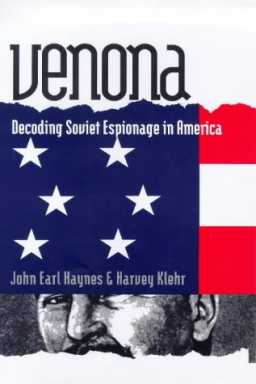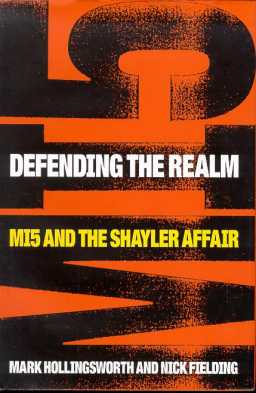Lobster Issue 54 (Winter 2007/8)
[…] regime’s links to Al Qaeda and the existence of WMDs. Why did he believe claims which a large chunk of his colleagues and most of the world’s intelligence services didn’t, and which could be seen to be false by asking that nice Mr Google? ‘I took these stories seriously because they were corroborated by […]
Lobster Issue 38 (Winter 1999)
[…] thought their codes unbreakable and chatted way in great detail about their agents. But by 1950 enough of the Soviet material had been decoded for the US intelligence community to begin piecing together the Soviet networks in the US. These intercepts – code named Venona – many of which remain unbroken to this day, […]
Lobster Issue 49 (Summer 2005)
[…] own website makes a “considerable contribution” to the “morale” of the armed forces.’ On-line free sources There are two wonderful free sources of news stories on geopolitics, intelligence etc. There is Mario Profaca’s ‘Spy News’ which sends out daily bulletins of up to 25 news stories from around the world. This can be accessed […]
Lobster Issue 47 (Summer 2004)
[…] Chomsky and Herman is worth having and the Pilger pieces, written in the weeks preceding the invasion, stand up pretty well. There are interesting snippets on the intelligence services and disinformation, psy-ops, US propaganda and media behaviour. The material which has survived best is the essays on the workings of the media and state […]
Lobster Issue 38 (Winter 1999)
[…] without blushing and putting it in scare quotes. (Shayler’s complaints about MI5 can be seen in his submission to the Cabinet Office Review of the security and intelligence services, printed here as appendix 2: they are almost entirely bureaucratic and technical.) In a recent column of his in Punch – issue 93 in the […]
Lobster Issue 31 (June 1996)
[…] ‘Peter Wright’ was, according to The Times, 10 November 1952, ‘a professor of history in Cawnpore from 1937 to 1939. During the war he was in the intelligence service, and was Press censor at Delhi’. He was expelled by the colonial authorites in Kenya for being too friendly with members of Jomo Kenyatta’s Kenya […]


